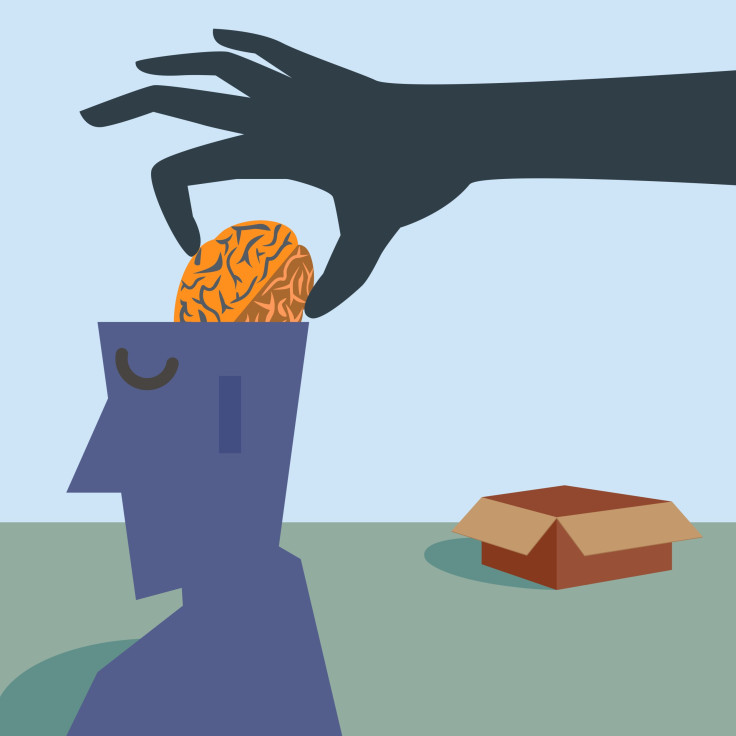Autism Symptoms Subside With Strep Throat Antibiotic Targeting Gut-Brain Link

Being a parent with an autistic child is not easy, but paying close attention to their symptoms, like one Texas father, could change the course of research. When medical venture capitalist with a background in molecular biology John Rodakis, noticed symptomatic changes after his son took an antibiotic for strep throat, he began researching the promise this could have for other children suffering from the same condition.
"I was determined to understand what was happening in the hope of helping both my son and millions of other children with autism," Rodakis said in a press release. His search led him to autism expert Dr. Richard Frye and his Autism Research Program at Arkansas Children’s Hospital Research Institute. As a result of Rodakis’s new findings, they decided to hold the First International Symposium on the Microbiome in Health and Disease with a Special Focus on Autism and publish their findings in the journal of Microbial Ecology in Health and Disease.
"Careful parental observations can be crucial," Frye said. “In science, we take these observations, put them through the scientific method, and see what we find. This is what can lead to ground-breaking scientific discoveries and breakthroughs in the field.”
After the boy was put on a prescription for antibiotic amoxicillin to treat strep throat, he was suddenly able to make eye contact, his speech development improved, and he had a new drive and energy — none of which his parents had ever observed before the antibiotic. Autism spectrum disorders (ASD), affect one in 68 children, and the prevalence of diagnoses are growing, according to Autism Speaks.
Researchers are increasingly focusing their efforts into studying the gut microbiome’s role in ASD, which experts call the “gut-brain” connection. Current research has demonstrated the type of bacteria inside a child’s gut plays a role in their disorder that transmits to the brain. Rodakis’s child isn’t the only one to have ASD-related symptomatic responses to antibiotics, which is why researchers believe there could be a key to understanding the core biology of autism.
It’s not that antibiotics should be used by parents to curb their child’s autism symptoms, but instead research efforts need to be invested into understanding why they have any effect on autism at all. It’s just the latest link in a complicated disorder that can severely impair a child’s social interactions, communication skills, and cause repetitive behaviors. Cases can vary between high functioning with mild challenges, to being severely impaired to the point of lacking spoken language. Being able to reduce those hurdles for children would drastically change the course of their lives and their caretakers'.
“We want to be careful that we don’t create a mad rush for parents to go and put their ASD kids on antibiotics,” Rodakis told Healthline. “I’m not advocating the use of antibiotics as a long-term treatment for autism, but I would like to see serious medical research into why some children seem to improve when taking antibiotics. Many in the research community are now beginning to view autism as something more akin to a metabolic syndrome, one that the microbiome may play a role in.”
Source: Rodakis J. An n=1 report of a child with autism improving on antibiotics and a father’s quest to understand what it may mean. Microbial Ecology in Health and Disease. 2015.
Correction: An earlier version of this article incorrectly said John Rodakis was a molecular biologist. This version has been corrected. It is more accurate to note John Rodakis has a background in molecular biology.
Published by Medicaldaily.com



























